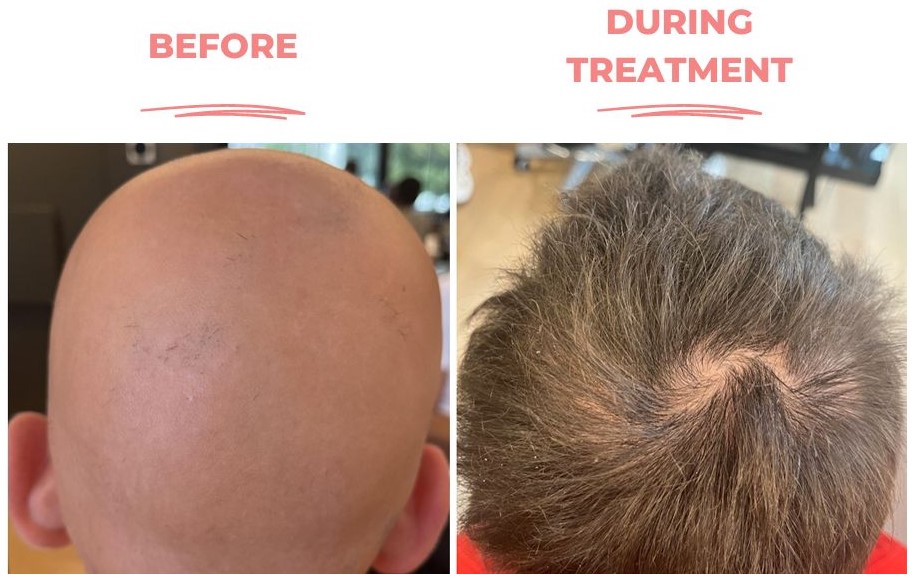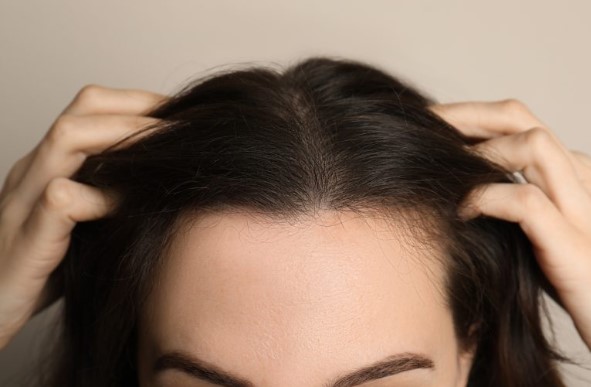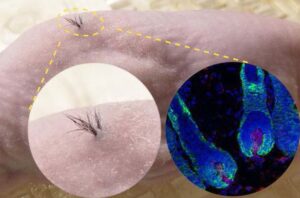Baricitinib for Alopecia: Can This Arthritis Drug Really Regrow Hair?

Imagine waking up and seeing your hair growing back after years of living with alopecia. Sounds impossible? There might be hope hidden in a pill originally meant for a completely different purpose. Baricitinib, a drug designed for rheumatoid arthritis, is now gaining attention for its surprising results in treating hair loss. But how does it work? And is it safe?
What is Baricitinib?
Baricitinib is a medication first approved to treat rheumatoid arthritis, an autoimmune condition where the immune system attacks the joints. The drug works by blocking specific enzymes in the body called JAK enzymes (Janus kinases). These enzymes are involved in the immune response, and by reducing their activity, baricitinib helps calm inflammation.
How Baricitinib Is Linked to Hair Loss
So, what does joint inflammation have to do with hair? More than you’d think. In alopecia areata, a person’s immune system attacks their hair follicles, causing hair to fall out. Scientists realized that since baricitinib helps calm the immune system, it might also stop it from attacking hair follicles. That’s how baricitinib for alopecia became a new topic of interest.
The Science Behind It
Several clinical trials have shown that baricitinib can promote hair regrowth in people with alopecia areata. In one large study, about one-third of patients who took baricitinib daily saw 80% or more of their scalp hair return after 36 weeks. While not everyone responds, the results are promising enough for the FDA to approve baricitinib for treating alopecia areata in 2022.
Is It a Cure?

Let’s be clear—baricitinib is not a magic bullet. It helps some people, but not everyone. And once you stop taking it, the hair may fall out again. That means it’s a long-term treatment, not a permanent fix. Scientists are still trying to figure out who responds best and why.
Baricitinib Side Effects: What You Need to Know
Like any powerful drug, baricitinib comes with risks. Common side effects include:
- Headaches
- Increased risk of infections
- High cholesterol levels
- Blood clots (rare but serious)
Doctors carefully evaluate patients before prescribing it, especially if they have a history of infections or blood disorders.
Baricitinib Cost and Accessibility
One of the biggest drawbacks of baricitinib is its cost. Without insurance, a monthly supply can run into the thousands of dollars. Even with coverage, copays can be high. Some programs and pharmaceutical companies offer financial assistance, but access remains a challenge for many.
Brand Name and Dosage
Baricitinib is sold under the brand name Olumiant. It usually comes in 2 mg or 4 mg tablets, taken once daily. Doctors often start with the lower dose to see how the body reacts.
Baricitinib vs Other Treatments
There are many treatments for hair loss, including:
- Minoxidil (topical)
- Finasteride (oral)
- PRP (platelet-rich plasma)
- Hair transplants
So how does baricitinib compare? It works differently—by calming the immune attack rather than boosting blood flow or blocking hormones. That makes it especially useful for autoimmune-related hair loss, like alopecia areata.
Who Should Consider Baricitinib?
If you’ve tried other treatments and nothing worked, and you have alopecia areata confirmed by a doctor, baricitinib might be worth exploring. However, you’ll need to discuss it with a healthcare provider who understands both hair loss and autoimmune diseases.
How to Talk to Your Doctor
Here are some questions to ask:
- Am I a good candidate for baricitinib?
- What are the possible side effects in my case?
- How much will it cost me with insurance?
- What alternatives should I try first?
What’s Next for Baricitinib?
Baricitinib isn’t just helping with hair loss. It’s also being studied for other conditions, including COVID-19 inflammation and lupus. For hair loss, scientists are now looking at whether combining baricitinib with other therapies can boost results.
Final Thoughts: Is Baricitinib the Future of Hair Loss Treatment?
Baricitinib offers real hope for people with alopecia areata. It’s not perfect, it’s not cheap, and it’s not for everyone—but it marks a major step forward in treating hair loss caused by autoimmune conditions. As research continues, we may soon see more refined and targeted options.
Want to Learn More?
If you're curious about other breakthrough treatments for hair loss, you might want to read our guide on Stemson Therapeutics and hair cloning. The future is full of possibilities.


